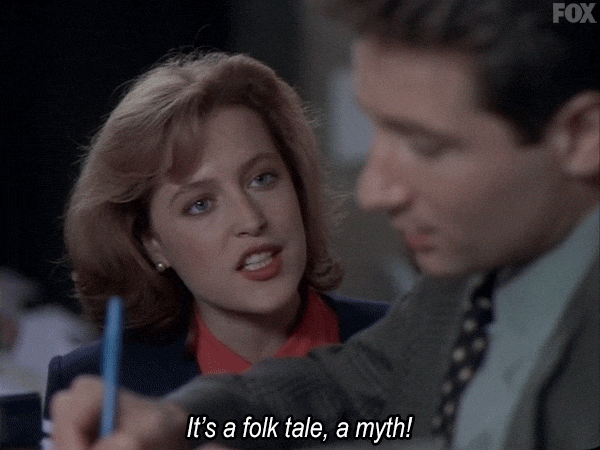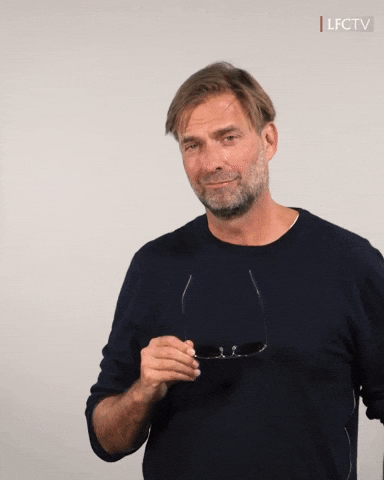- The Deep Dive
- Posts
- Care as a competitive advantage
Care as a competitive advantage
At the heart of high performance lies relationships
Table of Contents
Care as a competitive advantage
I came across a quote a few years ago, from Dave Roberts of the LA Dodgers. The quote was
Players only care about three things; does my coach care about me, can I trust them, and can they make me better
In high performance sport, “care” often gets misunderstood. In fact, change that to in sport “care” often gets misunderstood. It’s seen as soft. Sentimental. A cop out. A distraction from the hard edges of competition. But I believe that’s wrong, and the best coaches in the world show us that. They prove the opposite - that care can be a competitive advantage.
Gregg Popovich, recently retired long time coach of the San Antonio Spurs is known for two things (I’m generalising a bit tbh):
How much he cares for his players
His brutal honesty
Two stories stand out for me that illustrate point number one. The first is when Demar DeRozan’s father passed away (a player on the Spurs), Popovich turned up unannounced at DeRozan’s front door and sat with him for hours, talking about his memories of his father and grieving with him. DeRozan shared that story, saying:
“that just showed the person he is. He sat there and cried with me bro. What’s crazy, he’ll be mad at me telling that story, cause he never want credit bro”

Care can’t exist in high performance sport…
The second is, in the midst of the NBA Finals when the Spurs were playing LeBron James’ Miami Heat, he called a meeting which everyone thought was going to be video and scouting for the next game in the series. Instead, Popovich shared the story of Eddie Mabo, an indigenous Australian who fought the Australian government around indigenous people’s historic land rights. Mabo was Spurs player Patty Mills Great Uncle, and that day happened to the anniversary of Mabo’s historic legal victory.
These two stories open the door to point two from above. Popovich has earnt the right to be brutally honest with his players, because they know he cares about them deeply. Tony Parker, one of his star players at the Spurs (who only played for the Spurs and Popovich and only signed extensions with them because Popovich was the coach) is on record as saying Popovich made him cry numerous times in his career. Keith Langford talks about how Pop cut him from the Spurs in his caring, but honest way here. Pop’s honesty comes from a place of respect and trust - which is a place of strength, of strong foundations. His players know Popovich is being loyal to their future selves, pushing them to be better, to grow and evolve. In his own words, Popovich says:
I just try to be as honest with them as I can. I just think blowing smoke at guys and trying to manipulate guys or trick guys into thinking this, that and the other, it doesn’t work…… So if you’re brutally honest with guys, when they do well, love them and touch them and praise them and if they do poorly, get on their [butt] and let them know it and let them know that you care. And if a player knows that you really care and believes that you can make it better, you got the guy for life.
Another example is former Liverpool manager Jurgen Klopp. Klopp’s philosophy is underpinned by the belief that his players are people first, footballers second. One story that reinforces Klopp’s commitment to this philosophy is, soon after signing Andy Robertson, Klopp was reportedly confused that another member of staff had no idea his new left back was due to become a father, saying: “How can you not know that? That’s the biggest thing in his life right now. Come on!”
A former player (Georginio Wijnaldum) said he chose Liverpool in part because Klopp:
“was interested in my personal life … not only Wijnaldum the footballer but Wijnaldum the person.”

Klopp…. hard not to like
Steve Hansen (former World Cup winning All Blacks coach) understood this balance better than most. Under his leadership, the All Blacks’ environment was demanding, even ruthless — but it was also safe. Players knew that honesty wasn’t personal; it was about helping each other grow. As Hansen put it:
“The more the athlete knew that you cared about him, and you trusted him, and you were able to be vulnerable enough with them to share things and normalise things the more they would give you.”
And then back to the man from that very first quote, Dave Roberts. Roberts has evolved his approach to delivering honest messages. As his players attest to, he’s become less gentle in the way he delivers information. But the very next point his players raise is:
“it helps that we know he cares about us as people”.
Two more stories to reinforce this: In a game in May 2024, when one of his relieving pitchers hit two straight batters, Roberts went out to the mound. Everyone thought he was going to replace the pitcher - he hugged him instead. When another player’s son was battling a rare neurological disorder, Roberts gave that player space and time off when he needed it, but also regularly reached out to talk with the player about his son and how his family was coping.
“There should never be anybody that’s wearing a No. 30 Dodgers jersey ever again. I never want to play for another manager”
When you look at Popovich, Klopp, Hansen, and Roberts, you see a pattern. Their care isn’t soft, sentimental, or performative. It’s authentic and it’s strategic. It builds relationships that can withstand pressure, conflict, truth, and the realities of high-performance sport.
Care becomes a competitive advantage because it creates connection. And connection creates commitment.
Players go further for coaches who see them as people first. They take feedback more openly. They stay aligned in tough moments. They hold higher standards because the relationship is strong enough to support those standards. When trust is high, you can move quicker, address issues earlier, and stretch people further.
In elite environments, where margins are razor thin and talent alone isn’t enough, care is not the opposite of performance—it’s a multiplier of it. Care isn’t a “nice to have.” It’s part of the edge. It’s part of why certain teams stay together, stay resilient, and stay in the fight long after others break.
And that’s the real lesson: caring deeply about your people doesn’t soften your environment. It strengthens it. It makes everything else—clarity, challenge, accountability—actually possible.
Quote of the Week
“Trust is in fact earned in the smallest of moments. It is earned not through heroic deeds, or even highly invisible actions, but through paying attention, listening, and gestures of genuine care and connection”
Brené Brown
An Even Deeper Dive
I wanted to put more about Popovich here, as he is definitely in my Mt Rushmore of great coaches, but I feel there is enough in the article linked. So, here is a video of Brené Brown talking about trust:
Want to discuss anything you’ve read? Email us at [email protected]. We’d love to hear from you!
Want to share the Deep Dive with friends? Just send them the link below to subscribe
